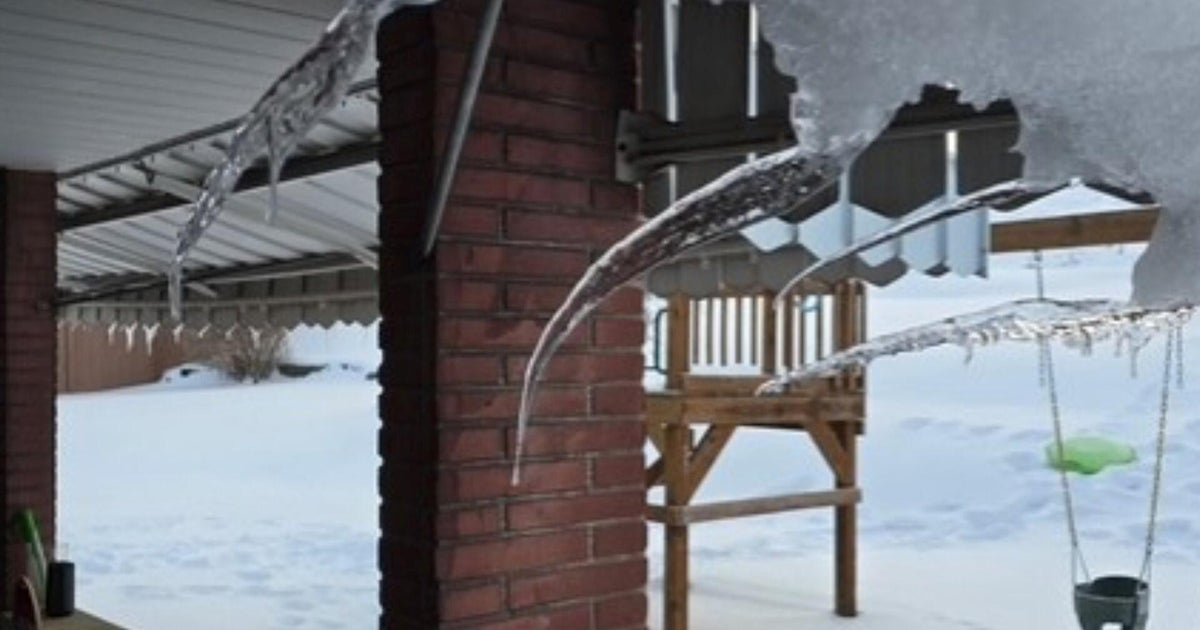Minnesota Wineries Struggling Due To Wet Weather
HUTCHINSON (WCCO) -- The wet summer weather may just have an impact on your glass of wine. Some of Minnesota's grape growers are now dealing with damaging effects of a long stretch of humidity and rain.
After nearly six decades on his Hutchinson family farm, Mike McBrady said this summer could be one of the more memorable.
"This has been more of a prolonged wet period than you usually see (while) farming," said McBrady, who owns the Crow River Winery in Hutchinson, which is set to open next year. It's a project now complicated as his staff works to combat the wet humid summer on his 27 acres of grapes.
"If you take a look out there, everywhere you see water, you see stunted yellowing vines that just aren't doing well," said Heath Fischer, operations manager for the Crow River Winery.
He said the vineyards have no need for irrigation, as water sits at the base of some grapevines. Now the attention turns to fighting black rot, or fungus.
"These humid conditions, it thrives. You got to be out every day checking and walking," said Fischer.
The grapes are even more susceptible to the fungus because of the hail damage, which splits grapes, according to the staff.
"As it splits, it's basically a ruined berry and the mold and fungus will get in there," said McBrady, pointing out shriveled up grapes on the vine. "To save any of these you will have to pick through it to get a good wine out of it."
The winery purchased an arsenal of fungicides to get ahead of the mildew, but McBrady said not all farmers have fared as well.
"For someone who has lost 80 percent of their crop -- and there are growers who have lost that -- they will actually go a year without income," said McBrady, who worries the smaller Minnesota growers have suffered most.
McBrady said wet weather even affected his garlic crops, which was just harvested before the soggy ground ruined the paper covering over the bulbs.
They were able to save approximately 40,000 garlic bulbs before they dissolved in the ground.
He said with lost crops, a Crow River fine wine will now require fruits of extra labor.
"The (financial) impact is two-fold. One, on lost crops; and two, is extra labor to produce a quality wine out of this," said McBrady. "We will make less wine and have to buy out-state grapes to make up at the winery."
(© Copyright 2011 The Associated Press. All Rights Reserved. This material may not be published, broadcast, rewritten or redistributed.)







